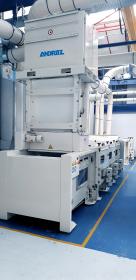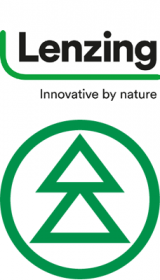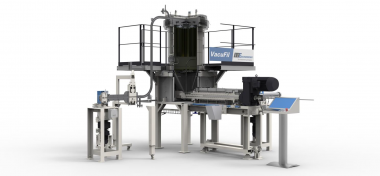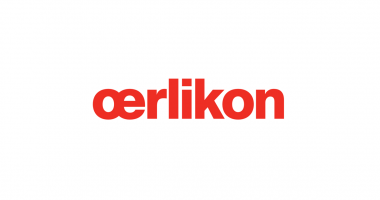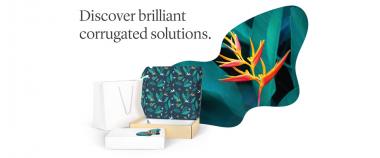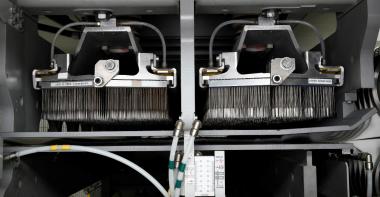ANDRITZ at INDEX20
International technology Group ANDRITZ will be presenting its innovative nonwovens production and textile solutions at INDEX20 in Geneva, Switzerland, from October 19 to 22. The broad ANDRITZ product portfolio covers state-of-the-art nonwovens and textile production technologies such as air-through bonding, needlepunch, spunlace, spunbond, wetlaid/WetlaceTM, converting, textile finishing, airlay, recycling, and natural fiber processing.
One highlight at INDEX will be the new member of the ANDRITZ Nonwoven division: ANDRITZ Laroche – a company that has been an important partner for ANDRITZ in the field of fiber preparation for drylaid nonwovens for over 10 years. ANDRITZ Laroche is a leading supplier of fiber processing technologies such as opening, blending and dosing, airlay web forming, textile waste recycling, and decortication of bast fibers.
One focus of this product range is complete recycling lines for post-consumer and industrial textile waste to produce fibers for re-spinning and/or nonwoven end-uses. Customer awareness and regulations are pushing clothing brands to recycle their textile waste in their own products. Recycled fibers can also be used in the nonwovens industry for various applications, such as automotive, insulation, mattresses, and furniture felts.
Andritz AG











